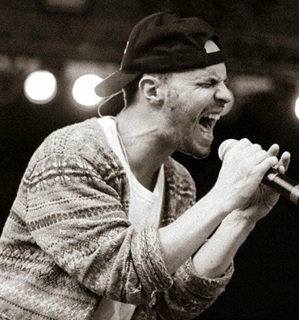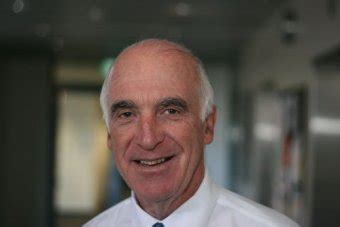A Quote by Kay Redfield Jamison
There is no common standard for education about diagnosis. Distinguishing between bipolar depression and major depressive disorder, for example, can be difficult, and mistakes are common. Misdiagnosis can be lethal. Medications that work well for some forms of depression induce agitation in others.
Related Quotes
I learned that I suffered from bipolar II disorder, a less serious variant of bipolar I, which was once known as manic depression. The information was naturally frightening; up to 1 in 5 people with bipolar disorder will commit suicide, and rates may even be higher for those suffering from bipolar II.
Manic depression is a type of depression, technically, and it's the opposite of uni-polar. Manic depression is also called bi-polar disorder. Some people don't like to call it that because they think it makes it sound too nice, when the reality is if you have manic-depression you have manic-depression.


































